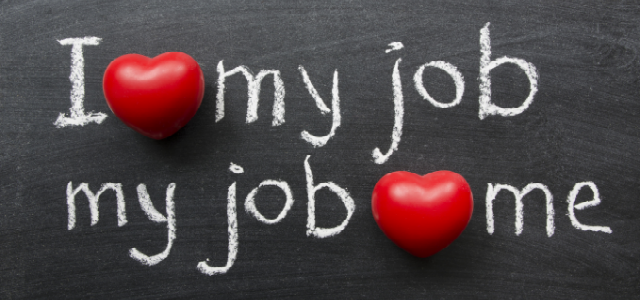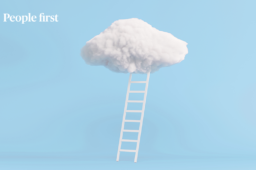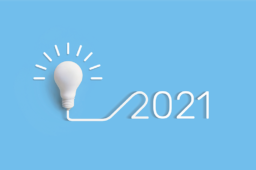
The employee’s experience is the future of the job
- May 04, 2017
Focusing on the worker and being digital goes beyond incorporating new HR solutions. It implies having a new way of thinking, technological and consumer-oriented skills as well as believing in being able to take profit from the latest consumer technologies to manage human resources. So points out Jeanne Meister, founding partner of Future Workplace, a writer of human resources, talent and learning trends at Forbes. According to the author, in 2017, Human Resources will incorporate a consumer vision and will be digitized in order to offer consumer-like experiences to its employees. We’ll see how HR departments will be transformed to provide people-centred experiences that are personal, compelling and memorable to employees.
10 trends for human resources transformation
The future of work now depends on the experience of the employee, and 2017 is the year to prepare for the transformation of HR into an agile model, focused on the employee as a consumer, as well as to go digital. In this sense, Meister proposes a decalogue with the 10 most relevant trends in talent management and human resources for this year:
- Focus on creating attractive experiences for employees.
HR will work together with other departments to create attractive experiences for employees by integrating corporate values and culture into the workplace. This will make it easier to recruit and retain talent in an environment marked by the fight for talent.
- Use an agile approach to recruit and develop employees.
The time for recruiting, learning and developing employees will be substantially reduced, offering more speed and ability to manage unpredictability.
- Creating spaces to promote culture.
Workers will be given the opportunity to adapt their workplace according to the task to be performed, which helps to increase commitment to the work.
- Apply a consumer marketing vision in Human Resources.
Consumer marketing tools will be used to create attractive experiences for workers, help them to join, solve doubts, etc.
- Experimenting with Chatbots in Human Resources.
Using artificial intelligence programs that simulate written or spoken conversations through chats to create conversational experiences will become HR’s new allied digital interface.
- Planning a combined workforce.
The workforce of the future will mix full-time employees with consultants, contractors, freelancers, part-time employees, etc. HR managers must start planning this combined workforce and preparing to manage it properly.
- Developing mobility options.
Innovative ways of providing digital career development to workers will be implemented thanks to mobility platforms that will allow them to try out new functions and improve their skills while keeping their jobs.
- Investing in the welfare of employees.
Workers aspire to welfare and companies will work to provide integral welfare, taking into account financial well-being, health and personal welfare.
- Focus on team development, not just individual development.
Traditionally, HR has focused on individual workers but the focus will change and focus on the ability to develop team intelligence as well as understanding what makes great teams perform exceptionally well.
- Preparing for new roles in Human Resources.
HR departments will need more specialized and technical profiles, which are able to mix consumer marketing and digitalization to create personalized experiences for workers via artificial intelligence.
People First es un espacio de inspiración donde compartimos contenidos con un eje común: las personas. Desde distintas ópticas y sectores, abordamos varios temas, tendencias y noticias de interés humano.





